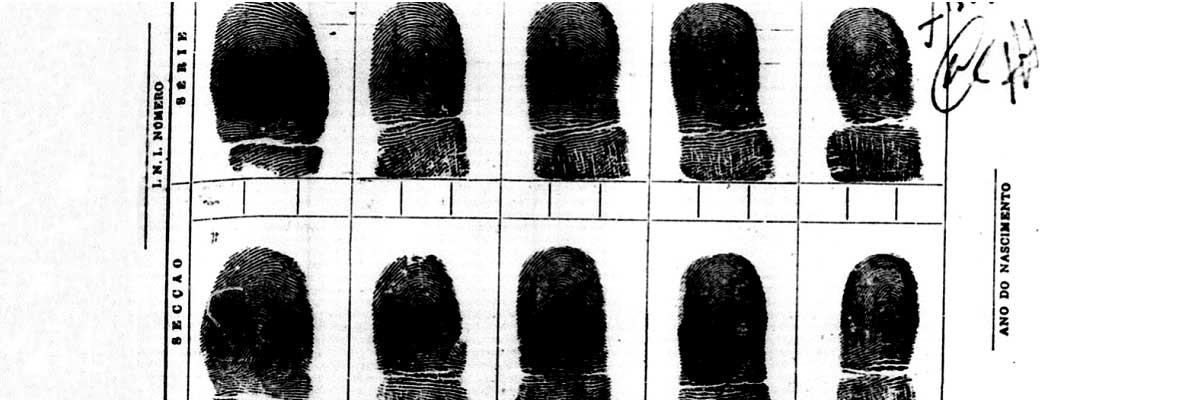In June 2011, the Center for Research Libraries and LAMP announced a major partnership effort with the Ministério Público Federal in Brazil to digitize nearly one million pages of the collection Brasil: Nunca Mais, which contains court documents (processos) from Brazil’s Military Supreme Court. These proceedings document the cases of more than 7,000 persons arrested, convicted, and/or executed by the Court between 1964 and 1979. Copied in secrecy, the official records document human rights violations by the military government in Brazil during this period.
In 1979, a group of religious officials and lawyers began an extremely ambitious project: to access records of the Superior Tribunal Militar (STM) containing information and evidence of human rights violations committed by agents of the repressive apparatus of the state during the military dictatorship (then still in power). The project aimed to avoid possible loss of the documents due to destruction during the country’s democratization process. The parties involved in the effort—including lawyers involved in the defense of political prisoners—viewed the preservation of these records as essential for future study on this phase of Brazil’s history.
The project’s founders realized that the processos could be accessed and taken off site for reproduction, taking advantage of a 24-hour period permitted by the Court to remand the cases. Reverend James Wright of the United Presbyterian Church of Brazil and Cardinal Dom Paulo Evaristo Arns, archbishop of the Roman Catholic Archdiocese of São Paulo, volunteered to coordinate the activities from São Paulo.
After nearly six years of working in secrecy, the organizers completed the task. Reproduction of the 707 lawsuits consulted totaled about one million copies on paper and 543 rolls of microfilm. The project team also created a 12-volume index that contained, among other data: (i) how many prisoners passed through the military courts, (ii) how many were formally charged, (iii) how many were arrested, (iv) how many people reported having been tortured, (v) how many people disappeared, (vi) what methods of torture were practiced, and (vii) where prisoners were detained.
In June 1987, LAMP chair Laura Gutierrez-Witt (University of Texas at Austin) proposed that the collection come to LAMP, where it would be widely accessible to researchers from academic and research institutions throughout North America. Wright agreed, and the original 543 rolls of microfilm with the full contents of the cases were sent to the Latin American Microform Project (LAMP) at the Center for Research Libraries in October 1987.
In January 2011, Marlon Alberto Weichert (Procurador Regional da República, Ministério Público Federal) contacted CRL to explore a partnership to digitize the full collection of reels. LAMP’s Executive Committee readily agreed to collaborate on this endeavor. LAMP contributed duplicate negatives of the reels for scanning in Brazil. The collection of case files, indexes to the collection, supporting documentation, and other materials related to the project are currently being scanned at the Arquivo Público do Estado de São Paulo, after which the files will be accessible as open access material on the Internet.
CRL and LAMP are pleased to have been guardians of the Brasil: Nunca Mais collection until it could be made more broadly accessible. After more than 40 years of relative obscurity, the Brasil: Nunca Mais Digital project seeks to restore this valuable contribution to Brazil’s historical and cultural patrimony, while boosting the availability of the material for research by civil society and Brazilians seeking the truth.
